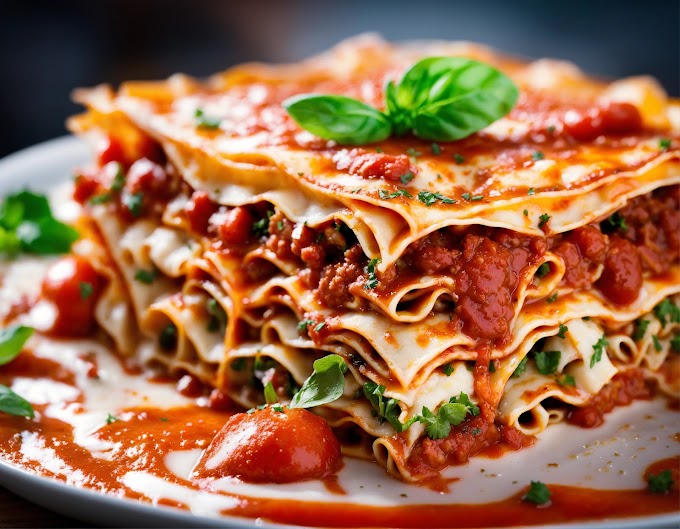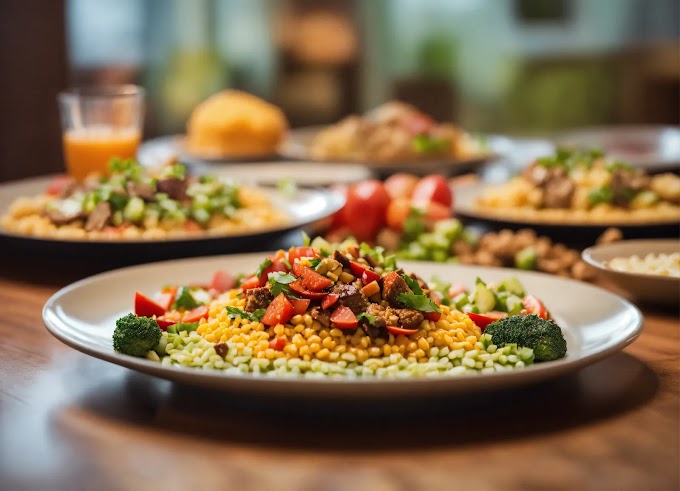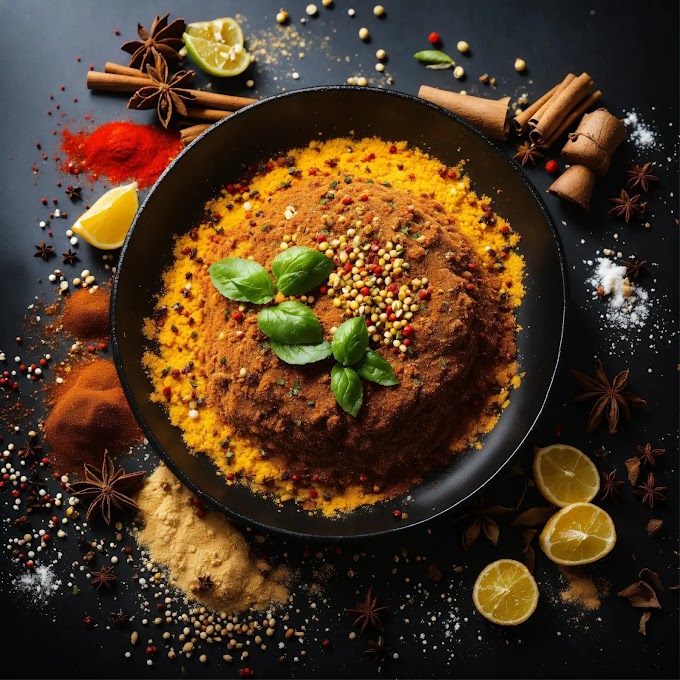Introduction:
When you're following a recipe that calls for white wine, the type you choose can significantly impact the flavor profile of your dish. With a myriad of options available, it's easy to feel overwhelmed. In this blog post, we'll delve into the world of white wine, exploring the various types and offering insights into which ones work best in different recipes. Let's uncork the secrets and demystify the art of choosing the perfect white wine for your culinary creations.
Understanding White Wine Varieties:
Chardonnay:
Chardonnay: wines range from buttery and oaky to crisp and citrusy.
Best For: Creamy sauces, butter-based dishes, and rich seafood preparations.
Sauvignon Blanc:
Flavor Profile: Known for its vibrant acidity and herbaceous notes, Sauvignon Blanc adds a zesty kick.
Best For: Light salads, seafood, and dishes with citrus-based marinades.
Pinot Grigio/Pinot Gris:
Flavor Profile: Typically light and refreshing, with notes of green apple, pear, and sometimes citrus.
Best For: Lighter fare, salads, and dishes where a subtle wine presence is desired.
Riesling:
Flavor Profile: Riesling can range from bone dry to sweet, offering versatility in cooking.
Best For: Spicy dishes, Asian cuisine, and desserts.
Viognier:
Flavor Profile: Rich and aromatic, with notes of peach, apricot, and floral undertones.
Best For: Creamy sauces, poultry, and dishes with a hint of sweetness.
Conclusions:
Choosing the right white wine for your recipes can elevate your culinary creations to new heights. Understanding the flavor profiles of different varieties empowers you to make informed choices based on the specific needs of your dish. Experiment, trust your taste buds, and don't be afraid to get creative in the kitchen. Whether it's a Chardonnay for a creamy pasta sauce or a Sauvignon Blanc for a refreshing seafood dish, the world of white wine is yours to explore and savor. Cheers to enhancing your cooking with the perfect pour!
Frequently Asked Questions:
Can I substitute one white wine for another in a recipe?
Answer: In most cases, yes. However, consider the flavor profile. A dry Sauvignon Blanc might not be the best substitute for a sweet Riesling, so choose wisely.
Does the quality of the wine matter for cooking?
Answer: While you don't need to use an expensive bottle for cooking, avoid wines labeled as "cooking wines" as they often contain added salt and lack the nuanced flavors you want in your dish.
Can I use non-alcoholic white wine?
Answer: Yes, non-alcoholic white wine can be a suitable alternative. It won't contribute the same depth of flavor, but it works well in recipes where the wine's primary function is to deglaze or add moisture.











Thank you for comments